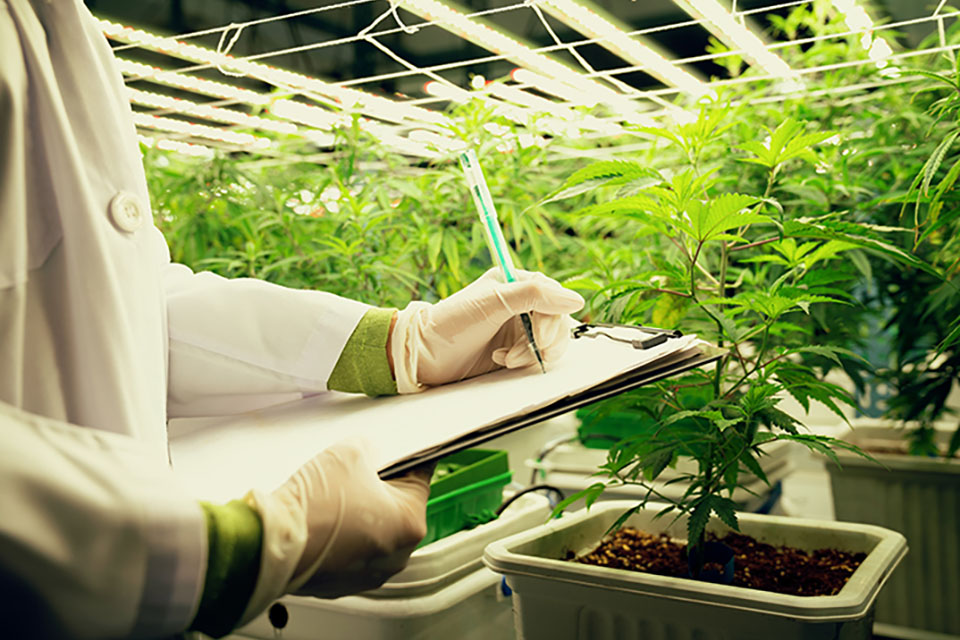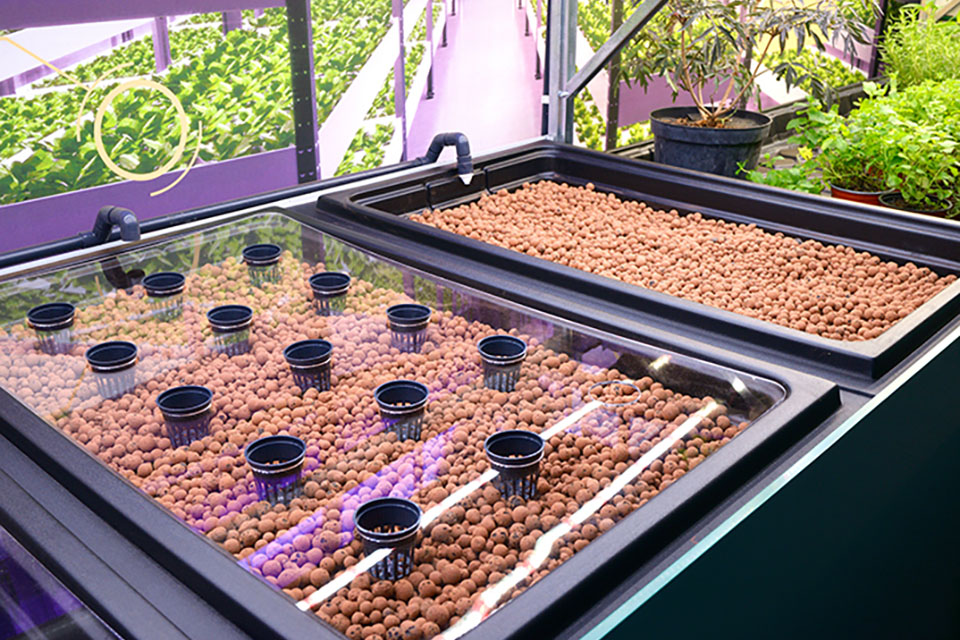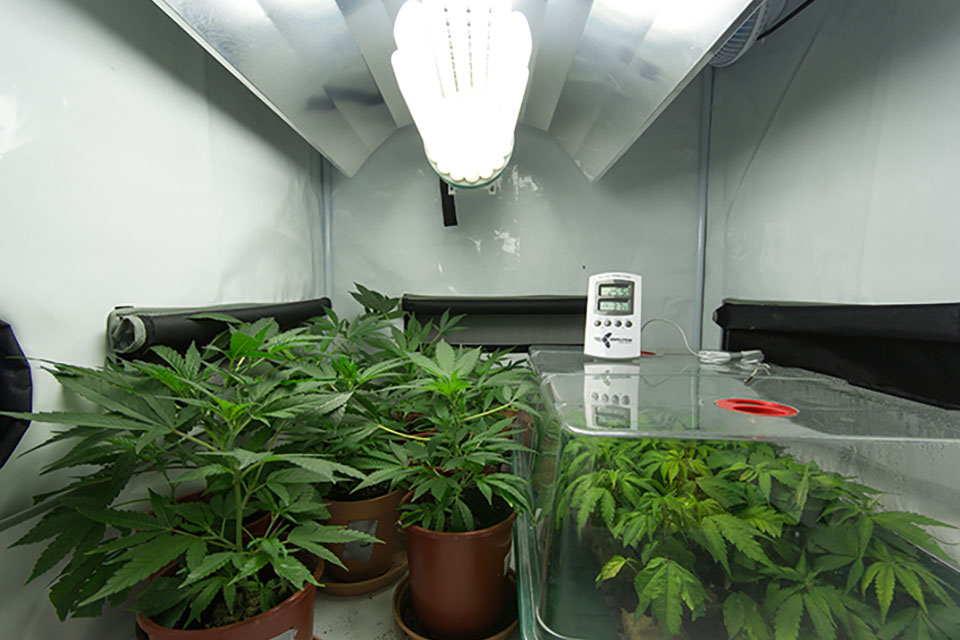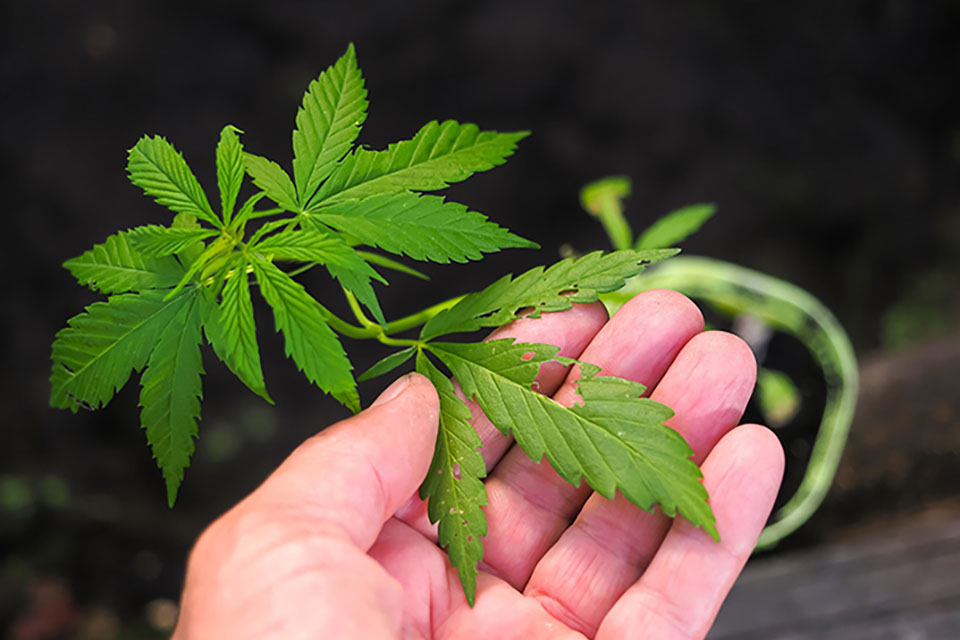
Cannabis cultivation is a complex endeavor that requires careful attention to soil health and nutrient management to achieve optimal potency and yield. Many home growers are turning to organic inputs to enhance the quality of their cannabis soil while minimizing environmental impact. Let’s explore ten organic inputs that can boost the potency and yield of cannabis plants, providing growers with a sustainable and effective approach to cultivation.
Organic Inputs to Enhance Soil Potency
Organic inputs are crucial in enhancing soil potency, promoting healthier plant growth, and ensuring sustainable agricultural practices. These natural materials replenish essential nutrients, improve soil structure, and foster beneficial microbial activity, ultimately boosting crop yields and quality.
Compost
Compost is one of the most valuable organic inputs for a cannabis garden. It is rich in several nutrients that cannabis plants need to thrive, including nitrogen, phosphorus, and potassium. Adding compost to cannabis soil ensures a healthy root structure and promotes vigorous plant growth.
Worm Castings
Worm castings are the rich, dark soil worms produce as they feed on compost material. They contain beneficial microbes and enzymes that help enhance soil structure and fight off diseases. Moreover, they improve the soil’s water-retaining capacity and slowly release nutrients, promoting the overall health and vigor of cannabis plants.
Bat Guano
Bat guano is a potent organic fertilizer gardeners have used for centuries due to its high nitrogen, phosphate, and minor nutrient content. It can significantly enhance the health, growth, and potency of cannabis plants. Moreover, it contributes to soil fertility, enriches soil microbiology, and improves soil texture.
Fish Emulsion
Fish emulsion is a fast-acting, organic fertilizer made from byproducts of the fish industry. It’s high in nitrogen and other nutrients, which makes it an excellent soil input for the vegetative growth stage of cannabis.
Kelp Meal
Kelp is a type of seaweed packed with vitamins, minerals, and beneficial plant hormones. As a soil additive, kelp meal enhances soil fertility and plant health, promoting sturdy growth and higher cannabis potency.
Bone Meal
Manufacturers create bone meal from crushed bones, and it is a rich source of phosphorus, which is essential for the flowering stage in cannabis cultivation. As an organic soil input, bone meal ensures a robust bloom and improves the quality, potency, and yield of your cannabis harvest.
Alfalfa Meal
Alfalfa meal is an organic fertilizer packed with vitamins, minerals, and proteins. This nutrient-dense additive can stimulate vigorous growth and increase the potency of your cannabis plants.
Blood Meal
A go-to choice for organic growers, blood meal is a fast-acting nitrogen source that helps to promote lush, and green growth and enhance cannabis potency. A blood meal is derived from dried, powdered animal blood. It is typically collected from livestock slaughterhouses and recycled into a potent organic fertilizer. Besides its high nitrogen content, blood meal also introduces essential trace minerals into your soil, encouraging overall plant health and strength.
Rock Phosphate
Rock Phosphate is a natural source of phosphorus and calcium, essential for cannabis plants. It improves root development and contributes to your plants’ overall vitality and potency.
Mycorrhizal Fungi
Mycorrhizal fungi form a symbiotic relationship with plant roots, helping them to absorb nutrients more effectively. These fungi can significantly boost the health and potency of your cannabis plants.
These organic inputs enrich your cannabis soil in various ways, ensuring your plants have an environment that encourages growth.
Application and Considerations
Application of organic inputs in agriculture requires thoughtful consideration of various factors to maximize effectiveness and minimize potential risks.
Blending Organic Inputs for Optimal Soil Composition
The successful application of organic inputs requires careful blending of compost, worm castings, and other organic inputs, which create a rich growing medium. The blending process should ensure that all inputs are evenly distributed throughout the soil, thereby allowing the cannabis plants to access the nutrients readily.
Dosage and Application Frequency for Different Stages of Growth
The various stages of cannabis growth should also guide the application of these organic inputs. Nitrogen-rich inputs such as fish emulsion and blood meal are best applied during the vegetative stage. In contrast, phosphorus-rich inputs like bone meal and rock phosphate are more beneficial during the flowering stage. Understanding the needs of your plants at each stage of growth is vital for successfully applying these organic inputs.
Grow Cannabis Successfully
Using organic inputs in cannabis cultivation can ensure the growth of healthy, vibrant plants. From the nutrient-rich compost to the beneficial mycorrhizal fungi, each of these inputs plays a crucial role in enhancing soil fertility and promoting the overall health and yield of your cannabis. Understanding how to effectively blend and apply these inputs at the right stages of growth can significantly influence the success of your cultivation endeavor.
Here at Kind Seed Co, we are passionate about equipping home growers with the knowledge and tools they need to thrive. Our commitment to organic and sustainable practices fuels our dedication to providing education and resources that empower home growers. Remember, great soil is the foundation of a successful cannabis garden.



